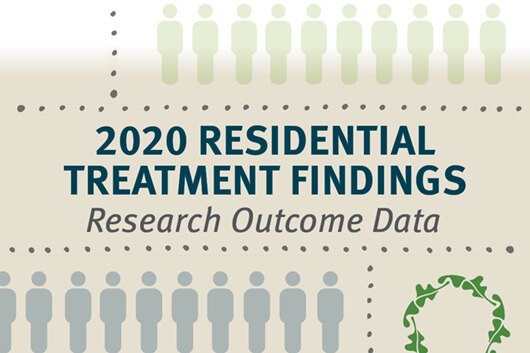Although there are no qualifiers for substance use disorder, there are considerations for how each person individually recovers, be it trauma history or co-occurring mental illness. Gender is an important one of these considerations and while there are many qualities anyone who struggles with a substance use disorder shares, recovering as a woman can feel vastly different. A program of recovery should consider what it’s like to get sober from a female perspective, as it can be uniquely challenging for a woman.
Adjusting As Needed
The recovery space is open and inclusive, and allows a safe space to recover no matter someone’s gender, race, religion, or identification. For a variety of reasons, some are more comfortable recovering surrounded by members of the same sex and many treatment facilities offer not only gender-specific programs, but some are also gender-exclusive regarding patients, opting to allow for more specialized care. 12-Step meetings are not only often open and inclusive to all, but there are also gender-specific gatherings where those in recovery can find an environment that feels safer to express themselves. However, considering 12-Step recovery, the instructional portion of the basic text of Alcoholics Anonymous is still gendered specifically with he/him pronouns. While the personal stories in the back of this text have, over the years since its first publication been changed to represent a larger cross-section of the population of recovering alcoholics. The opening 164 pages remain as first written and therefore may be difficult for some women to identify with at all. While the decision to leave the original text as it is has been made to protect the integrity of the content and is not intended to be exclusionary, the experiences of certain female-identifying people may require a way of adjusting this language to better help them recover.
For this reason, specific literature has been written to interpret this text from a woman’s point of view. Not all women will need this additional material, nor is it something women are pressured to utilize. If there is resistance to the male language in some recovery materials, this option can remove the hurdle it creates for some. It’s important for women in recovery to have options such as these in order to remove any barriers to vulnerability. Societal pressures have, at times, created conditions where women feel they must be strong and hold everything together, and a safe space to feel comfortable doing the opposite is vital.
What Needs Consideration?
According to studies, women reported more stressors that lead to using a substance as a coping mechanism with fewer resources of support to lean on. For this reason, the nature of these specific stressors is an important consideration in women’s recovery. It may be true that gender roles are changing to better fit the needs of women, however, certain things may affect women differently.
- Motherhood – The role of “super-mom” is one that many women take on. Women who choose to become stay-at-home parents are generally expected to be on top of all areas regarding parenting. Women are expected to take on many of these same tasks when they have a career outside of the home as well. Women are more often full-time single parents, the resulting pressure of any of these scenarios should be examined in a woman’s treatment plan.
- Pressure in the workplace – Women have been fighting to be paid equally to their male counterparts and to be considered equal candidates for promotion and advancement within companies. This can lead many women to endure an additional amount of stress in the workplace as they strive to prove themselves in order to afford opportunities. Thus resulting in perfectionist thinking and a desire to step in and take on further responsibility rather than self-care are considerations to take into account.
- Health implications – There are health issues that more commonly affect women that may be the result of certain substance use disorders. Women carry a higher risk of certain cancers, heart and liver issues, and stroke. Additional to these, hormonal factors should be taken into account in women’s recovery. With the prevalence of ailments such as premenstrual dysphoric disorder, where women report a drastic increase of severe depression and anxiety in the week before their menstrual cycle and these hormonal differences should be considered.
- Trauma responses – Women suffering from substance use disorder’s reported a higher number of instances of emotional, physical, and sexual abuse in their past. Some of these can situationally lead to trauma responses and even post-traumatic stress disorder, which may have led to the development of their substance use as a means to cope. These traumatic events should be specifically treated in women’s recovery.
While some of these issues are absolutely found in both genders, it’s important to consider how they affect women when creating a treatment plan. Group therapy and 12-Step meetings that are gender-specific allow for identification in a recovery space that feels safe. Being able to process shame, guilt, and perfectionism often experienced during the use cycle is integral for recovery. Feeling safe where and in how they recover can be essential to a woman feeling capable of letting down her guard enough to let love and support flow in.
Ashley Addiction Treatment is an innovative treatment program located on Maryland’s Chesapeake Bay. Ashley provides support for professionals seeking help with addiction. We are able to help people with co-occurring disorders and offer confidential treatment programs to meet your needs. Please reach out to us today at 800-799-4673.




